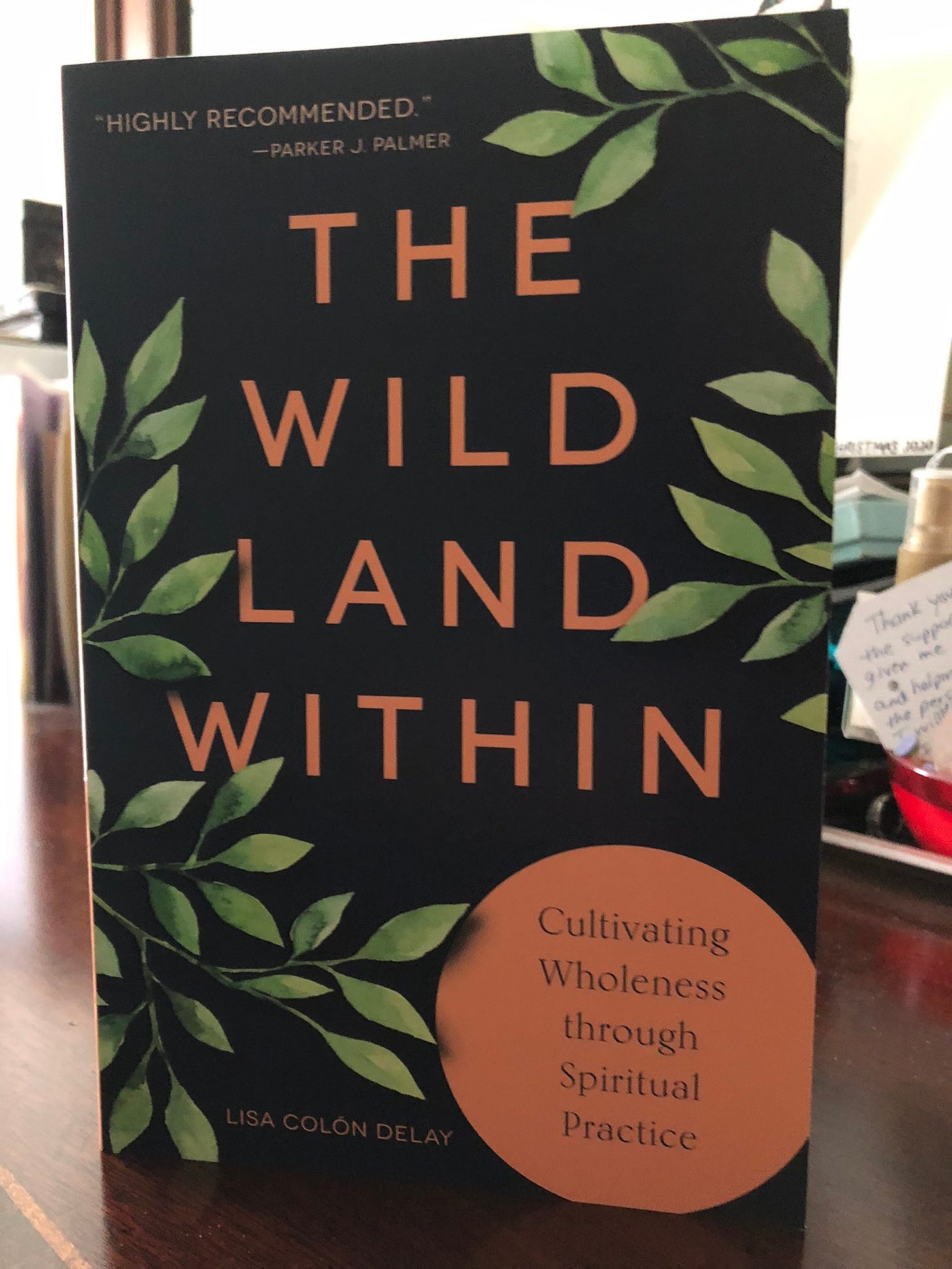The Doors to the Sea was written by David Bentley Hart after the horrific Indonesian tsunami in 2004. Today I’ll be interacting with a portion of it that explains ideas of Providence, Evil, and God’s will, better than anything I’ve come across.
Please, find the companion page (PART 2) for the article link, the book link, more on the author, and my personal reflections.
Podcast: Play in new window | Download (Duration: 16:11 — 22.2MB) | Embed
Subscribe to Spark My Muse Apple Podcasts | Spotify | Email | TuneIn | RSS | Subscribe to Spark My Muse
Once you listen, visit the companion page for part 2: https://sparkmymuse.substack.com/publish/post/14161660
• Please remember you can also be an ongoing Patron (supporter) by going here: https://www.patreon.com/posts/98413843
$1, $5, $10, or whatever you can spare.

To get the spiritual formation book I wrote (The Wild Land Within)… 🎁 ❤️
just click the book or google search the title to get one or a few.
• You can find out about my publisher Broadleaf Books here
⭐️What is a Patron? Here are the DETAILS:
Patron supporters chip-in a bit each month to help me offset my expenses and continue creating episodes. Supporting this way ($5 +) entitles you to many perks and goodies that unlock once you begin.
Want to come along side me with support regularly?
This kind of help makes a big difference. It is with great appreciation that I create for my patrons as my “inner circle”.
• OF COURSE Patron supporters ALSO get ALL ACCESS to the Substack (paid) extras! Start here: https://www.patreon.com/
OR make a contribution at PayPal.me/lisacolondelay
• Listeners like you make this work possible.
Here’s how to help out:
1. Share the program with another person today.
2. Leave a good Rating/ Write a Review on iTunes for the podcast.

![Where is God in the Genocide? [SSL 296]](https://lisadelay.com/blog/wp-content/uploads/2024/02/Screenshot-2024-02-13-at-2.32.33-PM-825x510.png)

